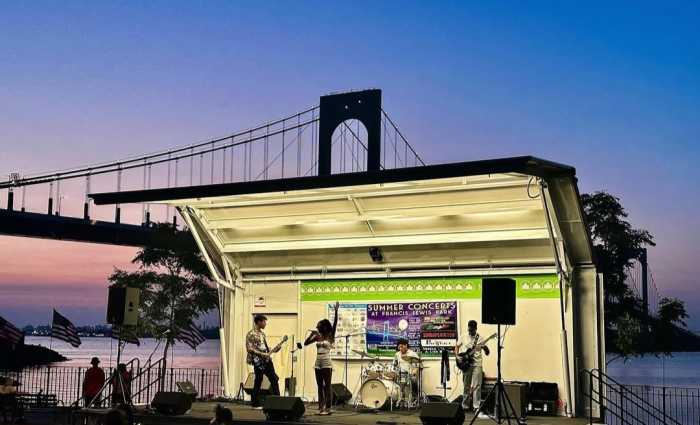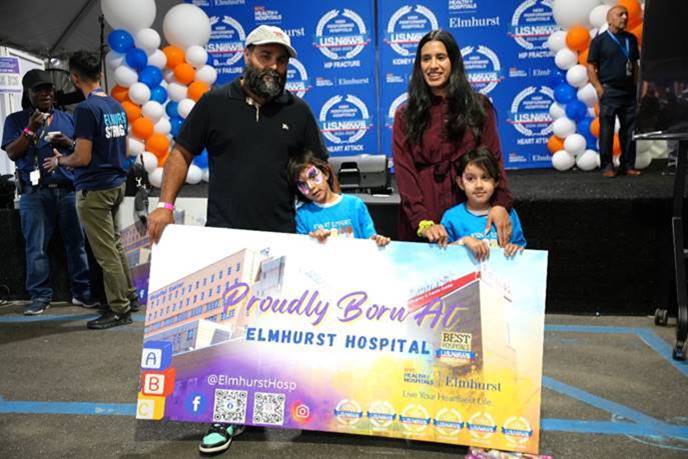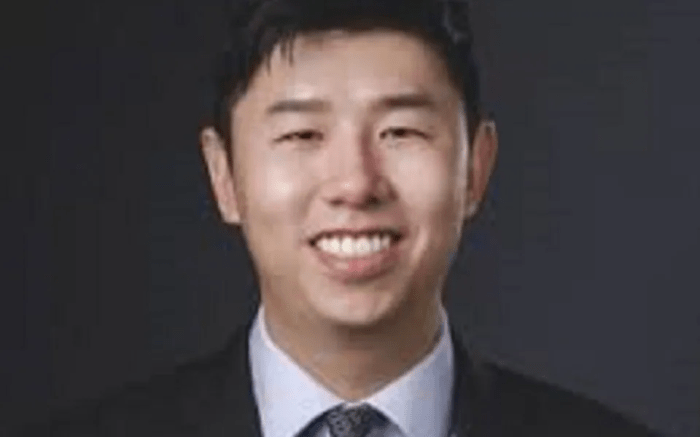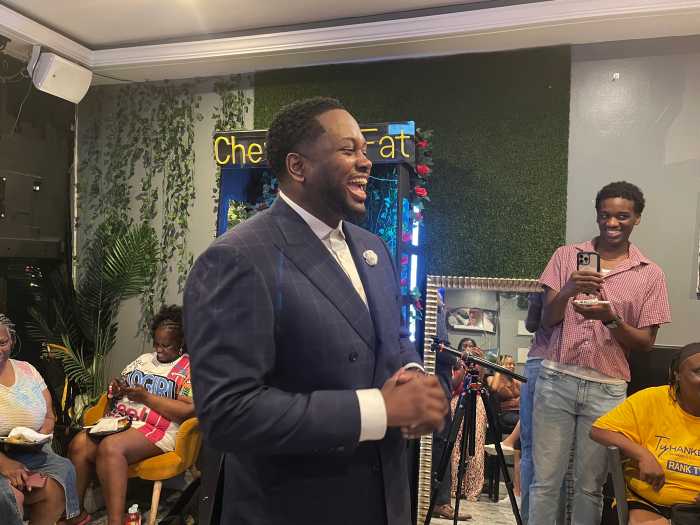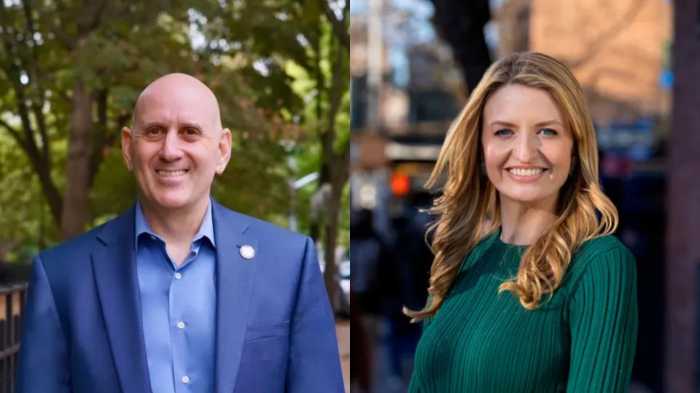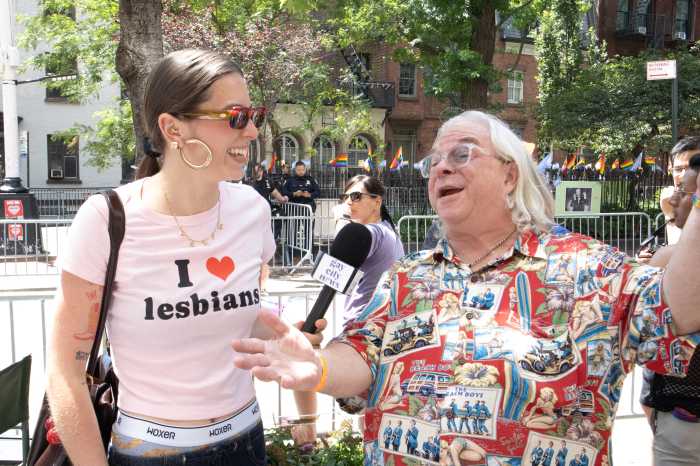By Bill Parry
As the 14th anniversary of the Sept. 11 attacks approaches, more than 50 ailing first responders and survivors joined U.S. Rep. Carolyn Maloney (D-Astoria) and other elected officials at Ground Zero Thursday to call on Congress to prevent the expiration of the James Zadroga 9/11 Health and Compensation Act.
Without congressional action, the World Trade Center Health Program and the Victim Compensation Fund will expire next year, leaving more than 70,000 9/11 responders and survivors in all 50 states without care and support they need to recover from 9/11-related illnesses.
“The heroes of 9/11 who fought the flames and inhaled the dust are being forced to wage a battle on two fronts: a fight to survive the illnesses related to their service at Ground Zero and a fight on Capitol Hill to ensure the health and compensation they rely on don’t disappear,” Maloney said. “They’ve endured chemotherapy, daily asthma attacks, permanent disabilities, post-traumatic stress and other terrible illnesses. They live with the consequences daily. It’s not enough to praise their heroism. It’s time for politicians in Washington to honor their sacrifice by permanently extending the Zadroga Act.”
More than 30,000 9/11 responders, as well as survivors of the attacks, including area residents, workers and children, have illnesses caused by the attacks or their aftermath, and over two-thirds of those have more than one illness. So far, 4,385 cancers have been found among 9/11 responders and survivors, according to data from the Centers for Disease Control.
Several of the afflicted spoke during the rally, including the current mayor of Spotswood, N.J., Nicolas Poliseno. He was a responder for Con Ed who worked to restore power in Lower Manhattan after the towers collapsed.
The married father of two children is now terminally ill with an auto-immune disease, relying on 23 medications daily. Poliseno has been hospitalized every 14 days for a procedure called IVIG for the last four years, each treatment costing $1,000.
“And here we are begging the House and the Senate to do the right thing,” he said wearing an American flag tie.
Susan Herr was a computer programmer for Morgan Stanley on the 68th floor of the South Tower. She decided to evacuate not long after the first plane hit even though the building management said it was safe for workers who had been leaving to return to their desks.
The elevator got her as far down as the 43rd floor, where she entered the stairwell. Herr was descending to the lobby when United Flight # 175 slammed into the building.
Today she suffers from the WTC Cough, asthma, cancer, PTSD and some depression. She has problems sleeping, difficulty walking and breathing, and can no longer live alone.
“I thought the hardest day of my life was 9/11,” Herr said. “I was wrong. Having chemotherapy and radiation at the same time is much harder.”
The Zadroga Act was named for James Zadroga, the first NYPD officer whose death from respiratory disease was attributed to exposure to the toxic dust in the rubble of the World Trade Center. His father Joe told the crowd that he would go to Washington and confront any politician who stood in the way of the Act’s permanent extension.
“I’ll go down there and tell them what it’s like to watch my son die for five years without health care,” Zadroga said. “I’ll speak to any one of them.”
Reach reporter Bill Parry by e-mail at bparr

